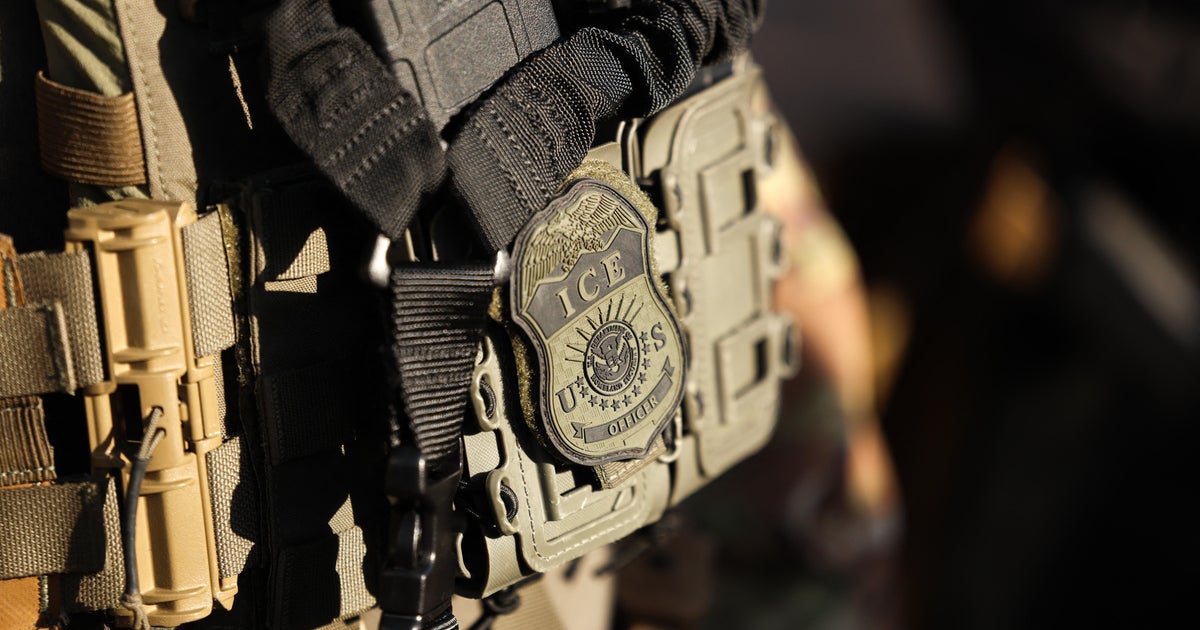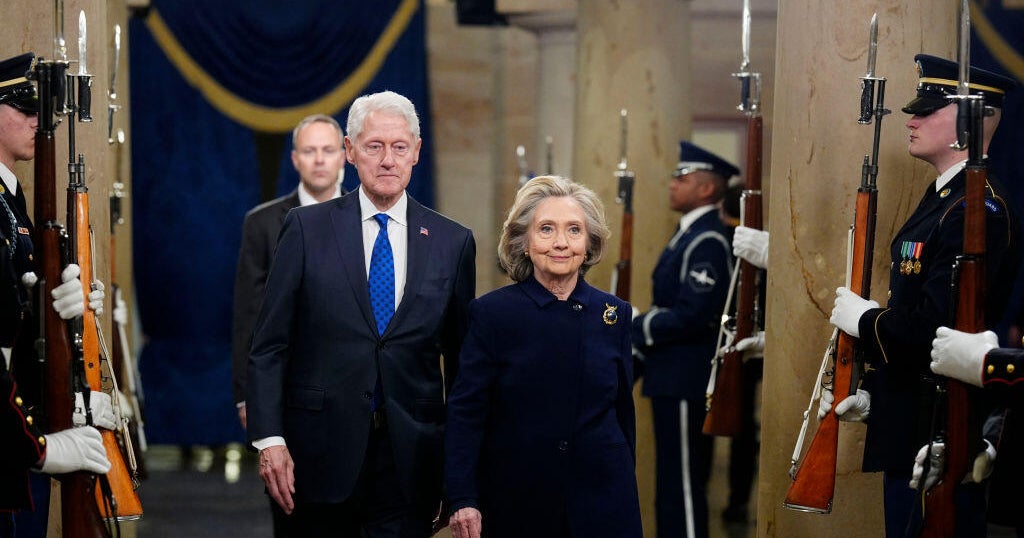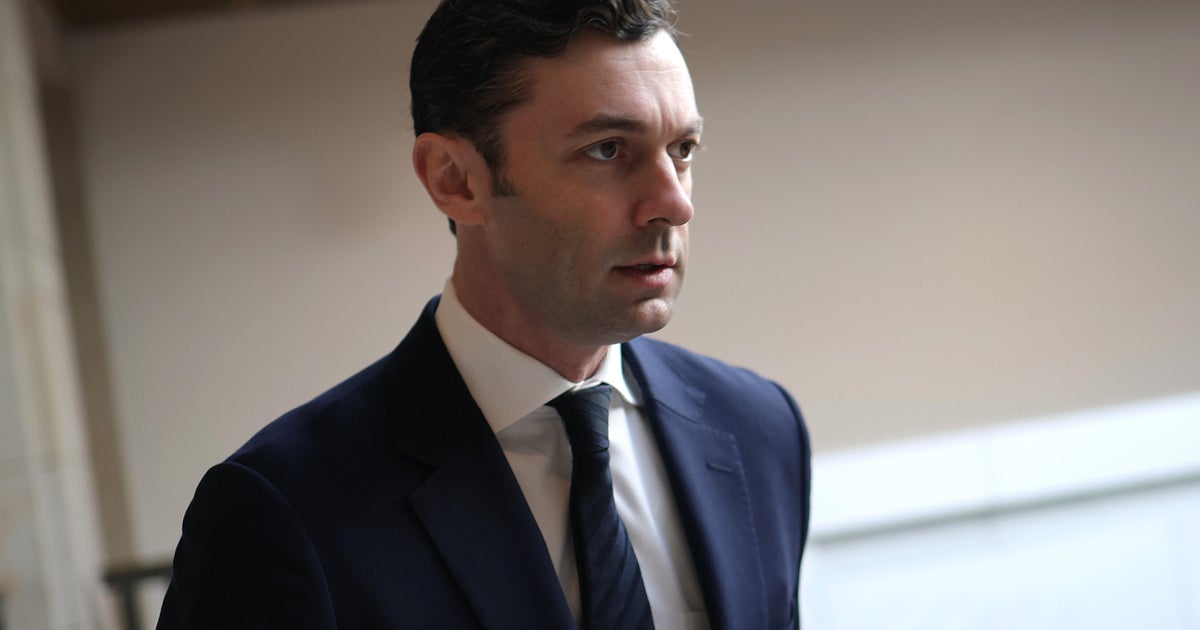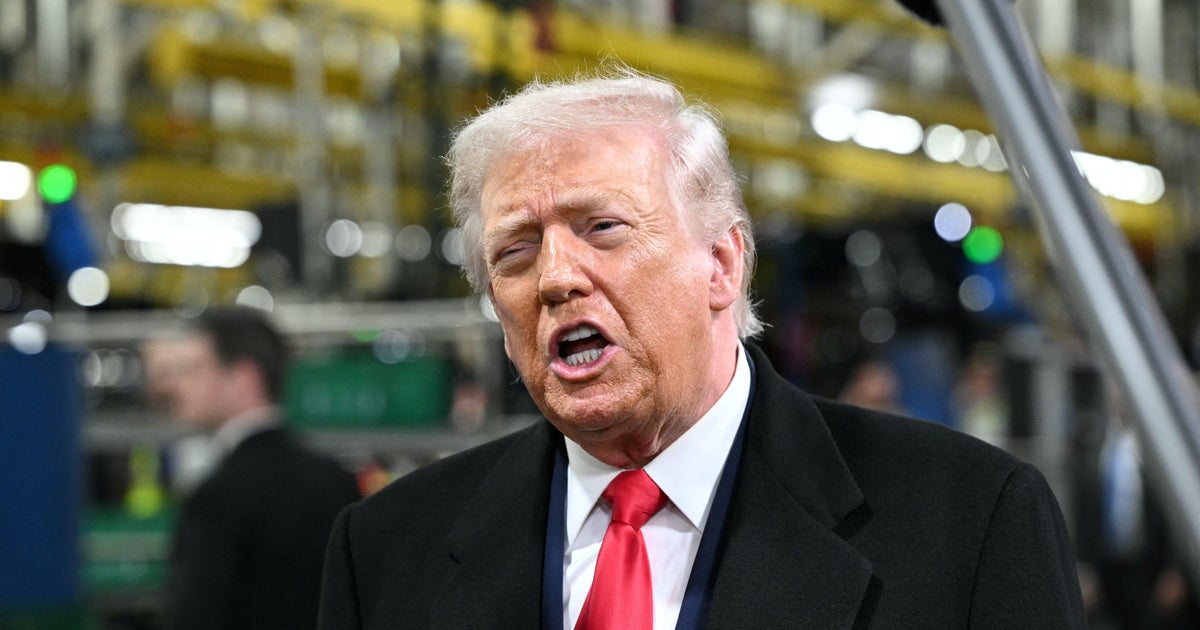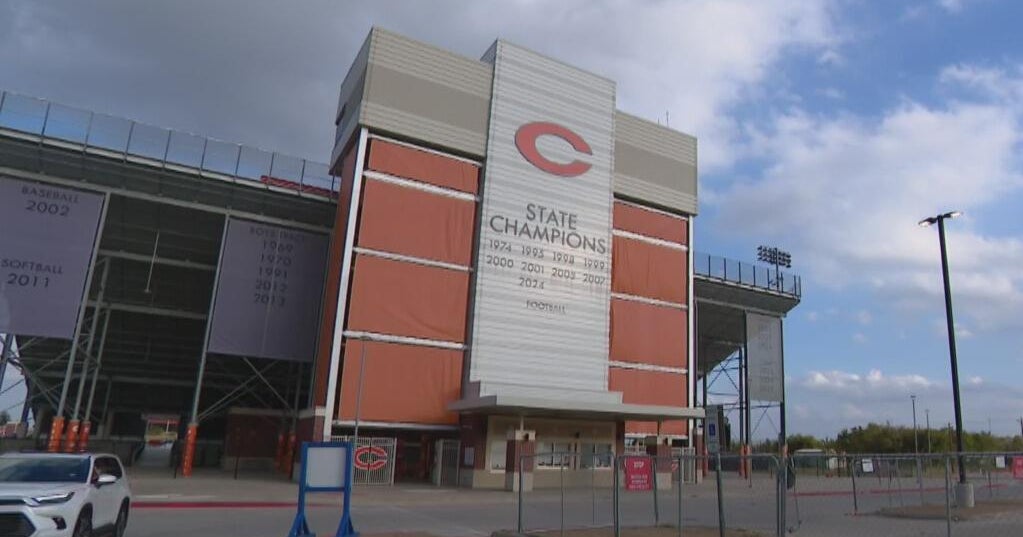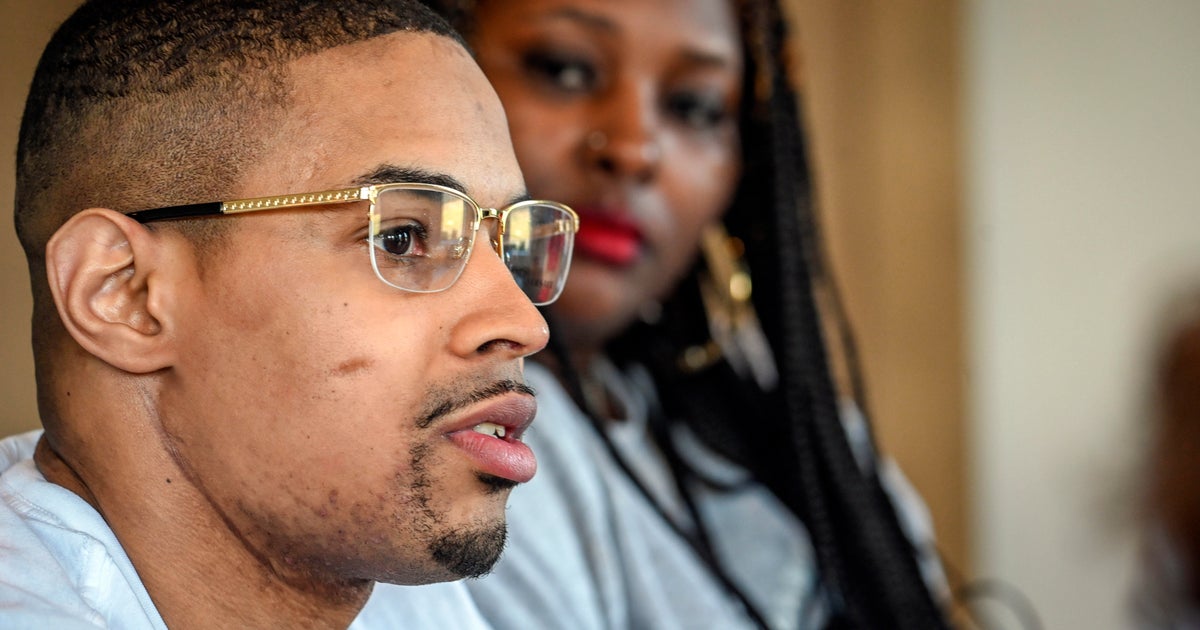Report: Politics Had No Role In Sandusky Probe
HARRISBURG (KDKA/AP) - A report released Monday detailing the handling of the Jerry Sandusky child molestation case faults police and prosecutors for long delays in bringing charges but found no evidence that politics affected the investigation.
The report, commissioned by Democratic Attorney General Kathleen Kane and written by former federal prosecutor Geoff Moulton, blamed a three-year time lapse in filing charges on communication problems, an expungement of a 1998 complaint about the former Penn State coach and a failure to take certain investigative steps early on.
"The facts show an inexcusable lack of urgency in charging and stopping a serial sexual predator," said Kane, who had vowed to conduct a review of the investigation while running for office. "The report documents that more investigative work took place in just one month in 2011 than in all of either 2009 or 2010."
Moulton said his review, including internal emails by state prosecutors, "revealed no direct evidence that electoral politics influenced any important decision made in the Sandusky investigation."
Then-Attorney General Tom Corbett, a Republican, was in the midst of his successful 2010 gubernatorial campaign during the Sandusky investigation.
As a candidate in 2012, Kane said that Corbett may have had a political motive to slow down the investigation, an assertion Corbett has denied. The arrest of Sandusky led to the firing of longtime Penn State coach Joe Paterno while Corbett was serving as a university trustee; Penn State alumni and fans have objected to how Paterno was treated.
Corbett spokesman Jay Pagni said Monday that the investigation was conducted with the victims at the forefront.
"It was a thorough, thoughtful investigation, and in the end a child predator can no longer victimize anyone," Pagni said.
Sandusky was convicted in 2012 of sexually abusing 10 boys and is serving decades in prison sentence.
Gov. Corbett joined Larry Richert and John Shumway on the KDKA Morning News to shortly before the official report was released.
"When I was attorney general I continued to push for a very thorough investigation," adding "politics never played a role in (the investigation) what was in the best interest of the children of the Pennsylvania (is) what was foremost in my mind," Corbett said.
Corbett acknowledges the criticism of those that said the investigation took too long.
"This is not a television program where everything gets wrapped up in an hour or a week of a parent investigation and 45 of 48 counts, I think, demonstrates what a successful prosecution it was," Corbett said.
Asked if he feels relieved Corbett said, "When you know what the facts are from the very beginning, I'm not surprised that people are reporting what they're reporting."
Tom Corbett
The report said the lead prosecutor at the time, Jonelle Eshbach, hectored her bosses about the case during a stretch in 2010 when the probe was largely dormant.
Eshbach drafted a grand jury report in March 2010 based on the claims of a lone victim, but she spent much of the ensuing months - as Corbett won the primary - trying to get approval for the report.
"In the interim, no witnesses were interviewed, no witnesses testified in the grand jury and no grand jury subpoenas were issued," Moulton wrote. He said the basis for that decision was that one accuser's testimony wouldn't be enough to convict Sandusky and an acquittal would make it harder to file more charges later.
According to the report, prosecutors told Moulton they waited until 2011 to search Sandusky's home computer and subpoena child protective services records because they "believed that they were unlikely to be productive and would have risked publicly revealing the existence of the investigation."
Two days after Corbett was elected governor in November 2010, the Centre County prosecutor received an anonymous tip directing investigators to assistant football coach Mike McQueary, whose testimony would eventually help convict Sandusky.
The investigation picked up steam after that, and authorities subpoenaed key figures at Penn State, including Paterno, vice president Gary Schultz and athletic director Tim Curley. Additional victims were identified, and on June 21, 2011, Sandusky's home was searched, producing photos and typewritten lists of children who participated in events at Sandusky's charity, The Second Mile, with some names highlighted.
More resources early on, including additional investigators, may not have sped up the case, Moulton said, because the best leads in 2010 and early 2011 were not related to how many detectives were devoted to the matter.
He said decisions not to bring charges based solely on one accuser or, in June 2011, after three more witnesses had testified before a grand jury, "fit within acceptable bounds of prosecutorial discretion."
Moulton noted that if authorities had put together a broad-based team early on, it's possible someone may have known about or turned up a 1998 police investigation of Sandusky prompted by a mother's complaint that the coach had showered with her son. That report had been expunged, one reason for the lengthy investigation, he said.
Corbett said "electoral politics did not enter his thinking in any way," Moulton wrote, concluding the campaign donations Corbett received from people associated with The Second Mile does not appear to have affected the investigation.
KDKA Radio's Mike Pintek spoke with Point Park University's Professor of Journalism, Bill Moushey. Moushey and Bob Dvorchak co-authored, "Game Over: Jerry Sandusky and the Culture of Silence."
He doesn't seem to be satisfied with the information he's read saying, "All I can say is I don't have my questions answered."
Bill Moushey on Kathleen Kane's Sandusky Report
The report does not go into depth about actions at Penn State, where three former administrators await trial on charges they participated in a criminal cover-up of complaints about Sandusky. The university eventually accepted a set of penalties from the NCAA over its handling of the matter, including a four-year bowl ban, a temporary reduction in football scholarships, the loss of 112 wins from Paterno's later years and a $60 million fine.
RELATED LINKS
More Local News
More Reports On This Case
More Reports From Jon Delano
Join The Conversation, Like KDKA On Facebook
Follow KDKA On Twitter
(TM and © Copyright 2014 CBS Radio Inc. and its relevant subsidiaries. CBS RADIO and EYE Logo TM and Copyright 2014 CBS Broadcasting Inc. Used under license. All Rights Reserved. This material may not be published, broadcast, rewritten, or redistributed. The Associated Press contributed to this report.)
